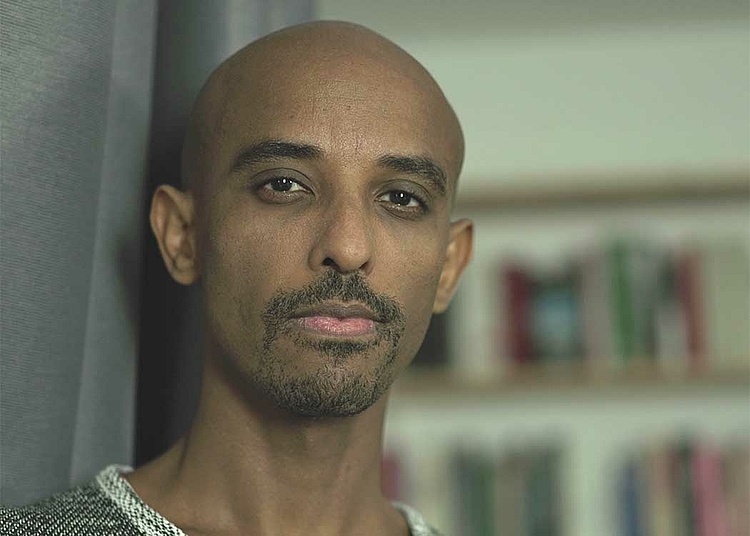Recently, you were offered a position as a PhD research fellow at the department of anthropology, University of Oslo. Congratulations! Tell us more about your current research projects!
Thank you so much! My current research project will explore the prospects of participatory filmmaking and digital self-narration as a form of resistance and social intervention in relation to a marginalized group in Ethiopia and its diaspora. Having enjoyed undertaking a multimodal ethnographic research project in my time at the VMA program at Freie Universität Berlin, in this project I also intend to make ethnographic filmmaking an integral part of the research, both as a method and an output, alongside the dissertation.
Could you tell us a bit about how you became a PhD research fellow? How was the application process?
There is a research group at the department of anthropology, University of Oslo, which explores and experiments with forms of ethnography and ethnography as a form, which my research could relate to. The application process at the University of Oslo was rather straightforward. What one needs to do is explained clearly. One also doesn’t have to apply for funding separately, as it was the case in other institutions, say for example, in the UK where I was offered places but did not secure funding. There were, however, only two fellowship positions available at the University of Oslo.
You are also a filmmaker. When did you start filming? And what inspires you the most?
I was one of those impressionable kids who was mesmerized by the moving picture the moment I came in contact with it. The first filming experience has to be a wedding of my aunt, of which she praised the result but which I think was just ok. Then when I was studying my bachelor’s degree in Thailand, there were also some filming experiences but I was not quite satisfied. Therefore, I came to Berlin and studied a one-year practical filmmaking program, during which I started to do films professionally.
One has some idea in the mind and shoots, be it documentary or fiction, and one sees what one had imagined on screen – maybe not the exact same thing – but this process, almost of magical proportion, these imaginations turning into material, or should I say digital, outputs must be the one thing I most find thrilling in filmmaking.

